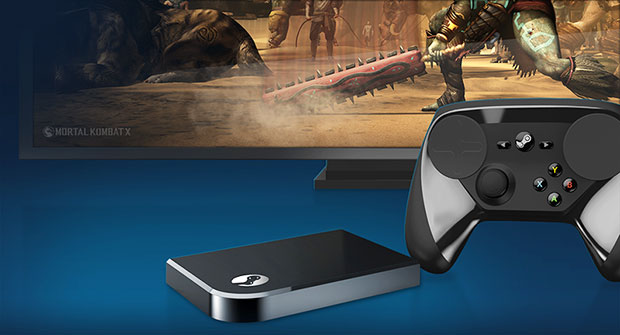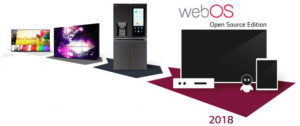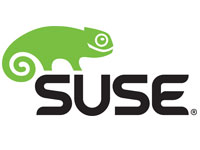Valve has been working to reassure members of its community that it has not yet thrown in the towel on SteamOS and Linux gaming systems that have been hampered over the years due to performance issues, soaring sales on mainstream rival platforms, and generally weak demand for Steam Machines.
Valve recently withdrew SteamOS machines from its direct online sales portal, saying it was working to reconfigure the platform.
That move did not go unnoticed by the Steam for Linux community, which prompted developer Pierre-Loup Griffais to offer reassurances in an online post last week.
“While its true Steam Machines aren’t exactly flying off the shelves, our reasons for striving towards a competitive and open gaming platform haven’t significantly changed,” he wrote.
The company has learned a great deal about the state of the Linux ecosystem for real world game developers, Griffais noted. It has received a lot of feedback, and developers have been heads down in addressing the shortcomings they’ve seen on the platform.
Among their goals is making sure Vulkan is a competitive and well-supported graphics API, and making sure it has first-class support on Linux platforms.
Vulkan Vexing
Valve earlier this year announced Mac and iOS availability for Vulkan, and made the code to Molten VK available so that developers could make games available for Mac and iOS at minimal cost, Griffais pointed out.
The company also announced Steam Shader pre-caching, which is designed to reduce run-times and help reduce runtime stuttering, he noted.
Additional Linux efforts were under way that Valve was not ready to discuss publicly, Griffais said.
The market for SteamOS machines has been extremely limited, as Linux-based systems lack the power to handle the demands of hardcore gaming. Mainstream devices — ranging from the Nintendo Switch, which allows users to play in their living rooms or on the road, to the PlayStation 4 and Xbox One — have taken off into record sales territory, leaving little demand for open source devices.
Mainstream Magic
“SteamOS is still around, but the subset of hardcore gamers that really want to use a Linux distro is really small,” noted Paul Teich, principal analyst at Tirias Research.
A lot of mainstream gaming has moved either to smartphones or cloud-based services, particularly among competitive gamers, and that leaves little room for consoles and gaming-based PCs, he told LinuxInsider.
Cutting-edge gaming demands now include support for virtual reality, which could reinvigorate the console and high-end PC market, Teich noted. Valve would need to do something different to penetrate this market.
Valve remains committed to Linux and SteamOS in the view of Lewis Ward, research director for gaming and VR/AR at IDC.
The company still sees a future for open source gaming ecosystems if the performance can match the need, he suggested.
“I’ll take them at their word that this move is simply about refreshing the UI to show the most used aspects of Steam,” Ward told LinuxInsider.
However, less than 0.5 percent of gamers are running a rig using SteamOS as their main PC gaming system, IDC’s third-quarter data shows, which indicates that Steam essentially remains on “life support.”
An ongoing issue for the lack of demand for SteamOS systems is that many popular titles just haven’t been made available for the SteamOS platform, making investment in a Linux-based machine a questionable choice.
Steam has about 20,000 game titles on its platform, noted Mat Piscatella, industry analyst for U.S. games at NPD.
However, only about 3,000 of those titles can be played on the Linux/SteamOS, he told LinuxInsider. “That’s been the biggest hurdle for adoption, but it’s been up to developers to patch that support in, and many don’t see it as a good investment.”






















































